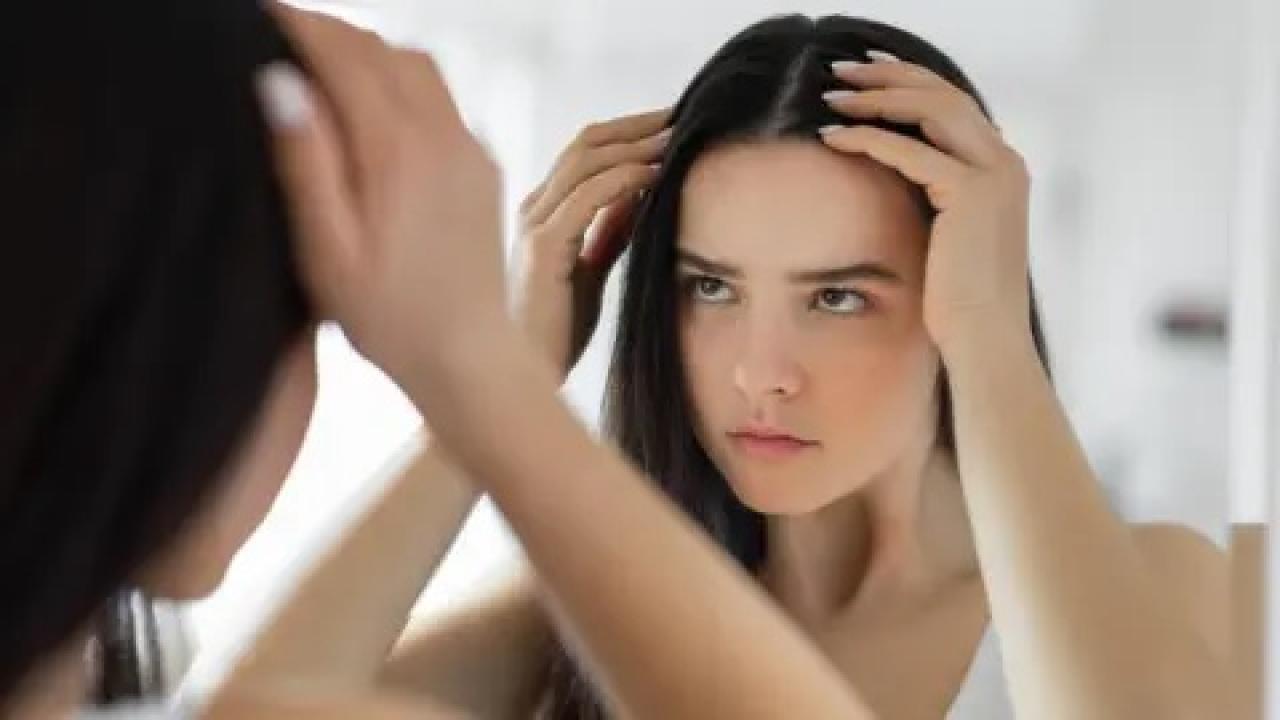Hair loss is a common woe experienced by many young and old individuals. The right approach to treat these hair concerns is crucial, especially in times when more and more people are resorting to hair treatments. We have a health expert answering relevant questions people have about hair care

Hair fall treatments are greatly successful provided you consult a good doctor who can identify the cause of hair loss and treat it accordingly. Photo Courtesy: iStock
Our hair, though made up of dead skin cells, requires constant care and nourishment from inside out. Many factors like unhealthy eating habits, stress, hormonal imbalance, excessive use of hairstyling devices, and pollution give rise to common concerns in people which include hair loss and hair thinning. These two concerns bother most individuals worldwide. To get rid on these issues, many resort to trying ‘quick’ fixes that only cause more damage.
To clarify common doubts people have about hair care and hair treatment, Dr. Rinky Kapoor, consultant dermatologist, cosmetic dermatologist and dermato-surgeon, The Esthetic Clinics answers relevant questions.
Causes of hair loss
The most commonly known cause of hair loss is genetic or heredity. Men are more susceptible to hereditary hair loss because of high testosterone levels. This causes high production of DHT or dihydrotestosterone, which prevents the healthy growth of cells in hair follicles leading to hair loss. This type of hair fall is called androgenetic alopecia. The other common causes of hair loss are hormonal fluctuation especially during menopause and pregnancy, stress, lack of good diet, excessive dieting and weight loss, chemotherapy and other cancer treatments, and chronic medical conditions such as diabetes and thyroid and medications. Trauma, scarring, illness, and burns can also lead to permanent hair loss.
Basic hair care tips
Kapoor says, just washing and conditioning is good for regular hair care. Choose hair products that are sulphate and paraben free and suit your hair type. Wash your hair two to three times a week. Don’t brush your hair when it is wet as it can lead to breakage. Wait for your hair to dry completely before brushing or combing.
If you have to use heat styling tools, make sure you use a good heat protectant. For those already suffering from hair fall, it is important to avoid chemical treatments that can cause further damage. Wear a scarf or use a headgear when you step outside to protect your hair from the sun and pollutants that damage the hair.
If you experience dandruff and scalp itching, it can easily be treated with some doctor-prescribed medications and shampoos for the scalp. Always consult a doctor instead of treating these issues by yourself.
The difference between hair fall and hair thinning
Hair loss of 50-100 strands a day is normal and part of the natural growth cycle. The hair falls off so that new cells can take their place. However, if you are experiencing excessive hair loss, then you must seek timely help.
Hair thinning is the reduction of hair volume. This is caused mainly due to ageing and poor hair care. Hair fall on the other hand is the loss of hair from the scalp in a shorter than usual amount of time. Hair loss becomes more pronounced when the growth of new hair is hampered.
Role of a healthy diet for preventing and controlling hair loss
Nutrition is the key to healthy and voluminous locks. A well-balanced diet includes a mix of proteins, vitamins, amino acids, biotin, zinc, fatty acids etc. Fruits rich in Vitamin C such as oranges, pineapples, lemons, strawberries etc. promote shiny hair and protect it from damage. Eating bananas too improve hair growth since they are rich in potassium, carbohydrates and essential vitamins. Consuming eggs, yoghurt, cottage cheese, fish, chicken, peanuts, and even lentils; carbohydrates such as rice, grain bread, pasta and fruit with low glycaemic load; vitamin-rich diets which include green leafy vegetables, and milk, all help in hair health. Further foods rich in omega 3 fatty such as flax seeds, walnuts, chia seeds, etc keep the hair follicle supple.
Latest treatments for hair fall
Hair fall treatments are greatly successful provided you consult a good doctor who can identify the cause of hair loss and treat it accordingly. A good hair care routine is always necessary and using the right hair treatments helps greatly. The latest in hair fall treatments include
• FDA-approved topical and oral medications namely minoxidil and finasteride are available over the counter. They are more effective in controlling the hair loss than regrowing previous hair loss. However, it is important to know that once you stop the medications the effects of it stop too.
• Cell cloning: This procedure involves taking healthy hair follicle cells and multiplying them in the laboratory followed by injecting it in the bald or low hair density areas of the scalp. This promotes new hair cell growth.
• PRP: This therapy involves boosting hair follicle health from the healthy platelets in the body.
• QR678 hair regrowth treatment: QR678 is a patented product titrated with essential hair growth factors meant for hair regrowth and stemming hair loss. This treatment that involves injection is made from biological products and is one of the most effective methods that work on all types of hair loss. It does not have any side effects and the results are long-lasting.
Also Read: Monsoon healthcare: Expert shares nutrition tips to keep cold and flu at bay
 Subscribe today by clicking the link and stay updated with the latest news!" Click here!
Subscribe today by clicking the link and stay updated with the latest news!" Click here!








